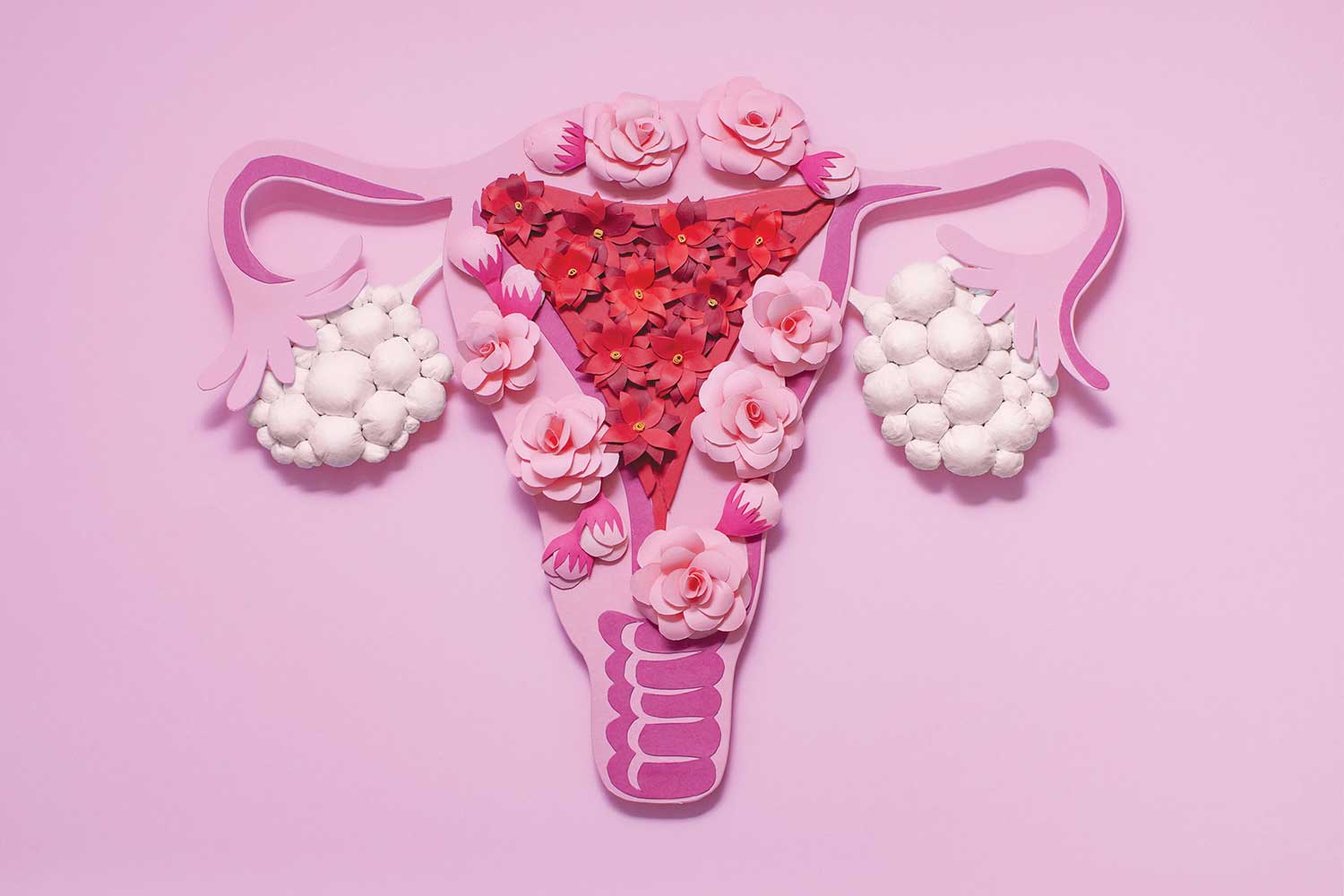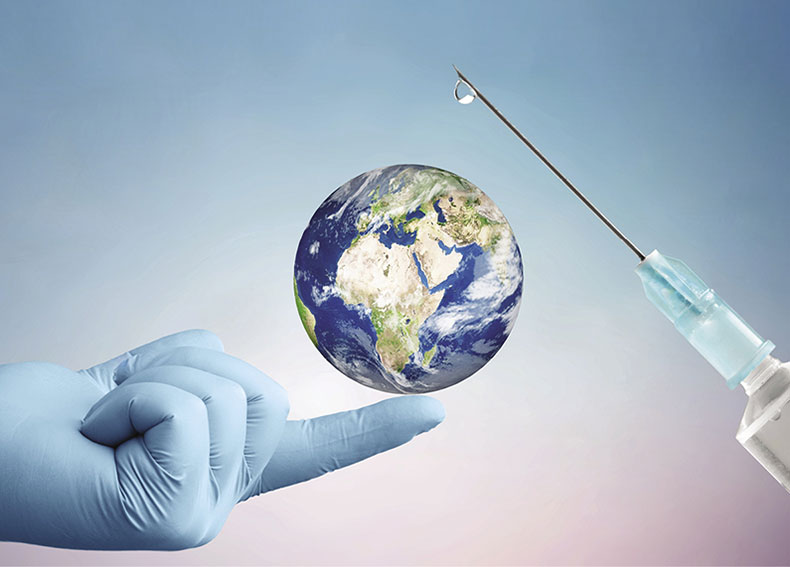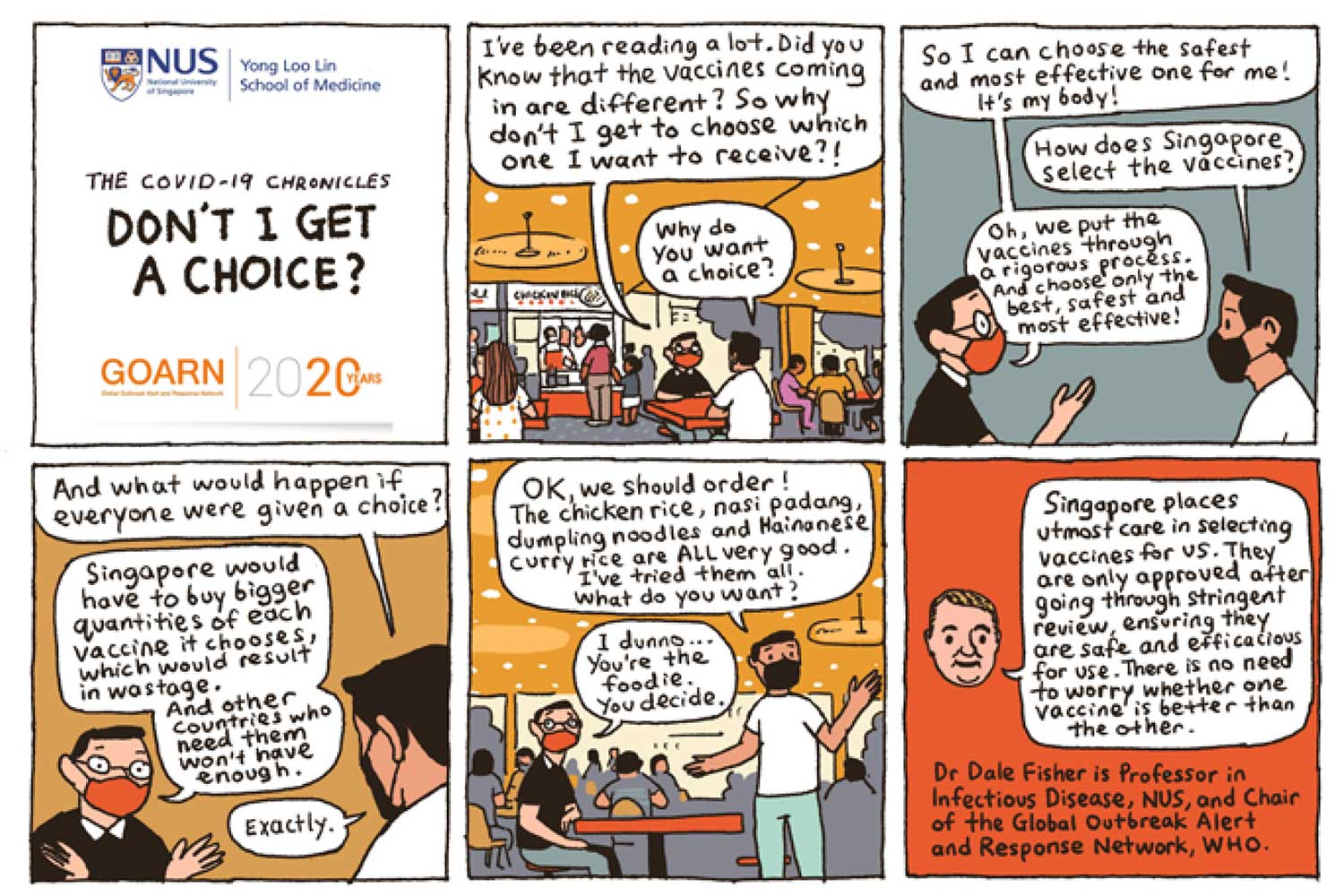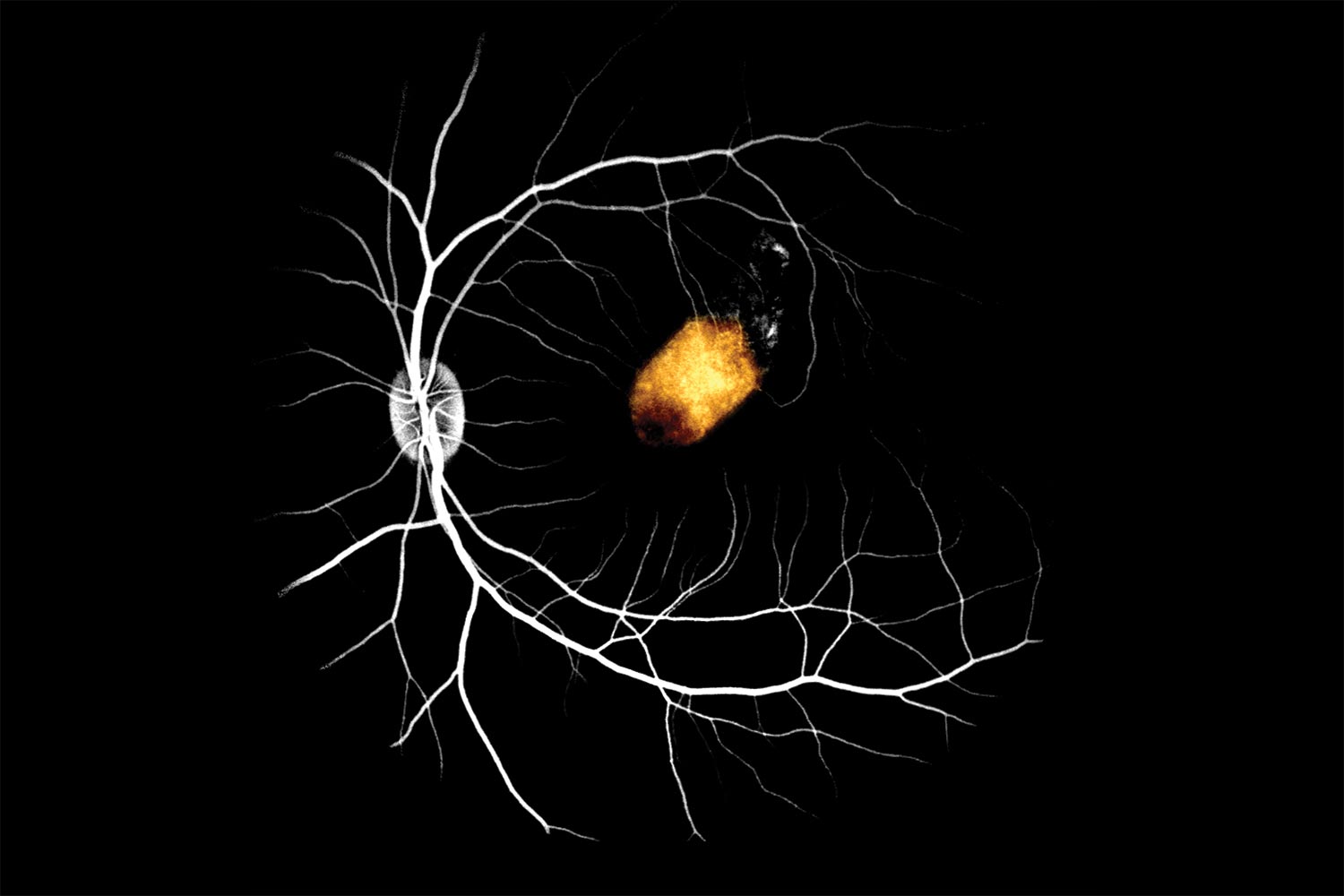
Issue 38 / May 2021
IN VIVO
Women’s Reproductive Longevity the Research Focus at New Centre

To be established at the Yong Loo Lin School of Medicine, the Bia-Echo Asia Centre for Reproductive Longevity and Equality will study ways to advance female fertility, lifespan and health-span.
he Centre was made possible by a US$8 million gift from the Bia-Echo Foundation, based in the US, whose founder is attorney and entrepreneur Nicole Shanahan.
Research initiatives at the Centre will be led by scientists and clinicians from NUS Medicine and other institutions here as well as the Asia-Pacific, US and Europe, and specialising in women’s reproductive health, ageing, and digital medicine.
The effort will seek to find ways to improve and lengthen female reproductive health and longevity, helping women to preserve and improve their reproductive systems for conception and general health, potentially enabling women to conceive safely in their later years.
Declining fertility and associated health risks
The issue of female fertility has come into sharp focus in recent years, with more women getting married later and having children later in life. In Singapore, the number of women giving birth in their 40s has almost doubled in the last three to four decades, according to data from Singapore Department of Statistics.
The number of births per 1,000 women aged between 40 to 45 was 9.9 in 2019, nearly double the number recorded between 1980 to 1989. However, conception is an uphill task for women above 40 as fertility declines with age. The chances of natural conception fall to less than 5% and this also often comes with serious health risks and complications, such as miscarriages and premature live births, and higher chances of having a child with Down’s Syndrome.
9.9
out of every 1,000 births
were given by women aged
between 40 to 45 in 2019
Furthermore, as women in their 40s approach menopause, they also face increasing health issues such as metabolic diseases, neurocognitive decline, osteoporosis, and poor urogenital health, which result in poorer general health. Current medical approaches to assist conception include the use of fertility drugs, as well as reproductive assistance technologies. Their efficacy, however, remains limited as the woman ages.
“It was during my time as a study-abroad student at NUS Law school that I came to realise the unique position Singapore is in to be a pioneer in science and governance for this generation of innovators. I couldn’t be happier to support NUS Medicine’s leadership in women reproductive longevity and equality. Professor Chong Yap Seng has long been a leader in reproductive health in Singapore, and has created a world class team of researchers and scientists that connects the fields of women health and longevity. Expanding the reproductive lifespan of women is an investment that I know will serve generations to come, have a positive and everlasting effect in how we approach women health, and provide greater confidence to families as they plan for the future. I hope that we can ameliorate the pain and fear so many women face today of losing reproductive capacity in their 30’s. As overall lifespan is increasing, so should reproductive lifespan,” said Ms Nicole Shanahan.
“The vision of the US-based Bia-Echo Foundation, a private enterprise founded to accelerate social change to establish a fair and equitable society for generations to thrive, aligns with that of the NUS medical school,” said Dean, Prof Chong Yap Seng.
“The reproductive health of women is paramount to the well-being and progress of a nation. The field of women reproductive health has not progressed much beyond in-vitro fertilisation and hormone replacement therapy and there is a pressing need for us to reimagine approaches and possibilities in this field, especially with fast-ageing population in many Asian societies, including Singapore,” said Prof Chong Yap Seng.
Adds Prof Chong, “We are deeply appreciative of the generous gift from the Bia-Echo Foundation, whose vision aligns with our work in women health. With this gift paving the way forward in the study of fertility and reproductive ageing, I believe the Centre is uniquely positioned to lead this conversation and, in time to come, shift the needle in enhancing the reproductive longevity and reproductive health of Asian women across generations.”
The Work to be Done
These obstacles that women confront comprise the focus of the work to be done at the Bia-Echo Asia Centre for Reproductive Longevity and Equality. Specifically, the Centre will aim to:
Lead female reproductive biology research in the Asia-Pacific region
Translate basic discoveries to enhance female reproductive success and mitigate menopause-associated functional decline
Establish a global network dedicated to understanding the health consequences of reproductive health and longevity in Asian women
Construct partnerships and collaborations with academic and private sector entities to push the boundaries of reproductive longevity and women’s long-term health
Advocate and lead in reproductive equality in Asia-Pacific through sustainable pipelines of public health messaging through governmental, professional and advocacy groups, leading to evolving public policy change




